Tensions are escalating in the West Asian region.
Iran launched a salvo of ballistic missiles at Israel on Tuesday evening.
Sirens blared across the country, and Israelis were ordered to stay in protected areas.
An Israeli security official said that in cooperation with the United States, the Israeli Air Force intercepted many of the missiles, though there were some direct hits damaging buildings and igniting some fires.
According to officials, there were no injuries.
Iran said the missiles were in response to the killing of Hezbollah leader Hassan Nasrallah and Revolutionary Guard General Abbas Nilforushan, both killed in an Israeli airstrike last week in Beirut.
It also mentioned Ismail Haniyeh, a top leader in Hamas who was assassinated in Tehran in a suspected Israeli attack in July. It warned this attack represented only a “first wave,” without elaborating.
Israel said Iran would pay a price for the strike.
“Iran made a big mistake tonight - and it will pay for it,” Israeli Prime Minister Benjamin Netanyahu said at the outset of a political-security meeting.
“The regime in Iran does not understand our determination to defend ourselves and our determination to retaliate against our enemies.”
The escalation has pushed the two archenemies closer towards direct confrontation and the region closer to a broader war.
Here’s a quick look at both the militaries.


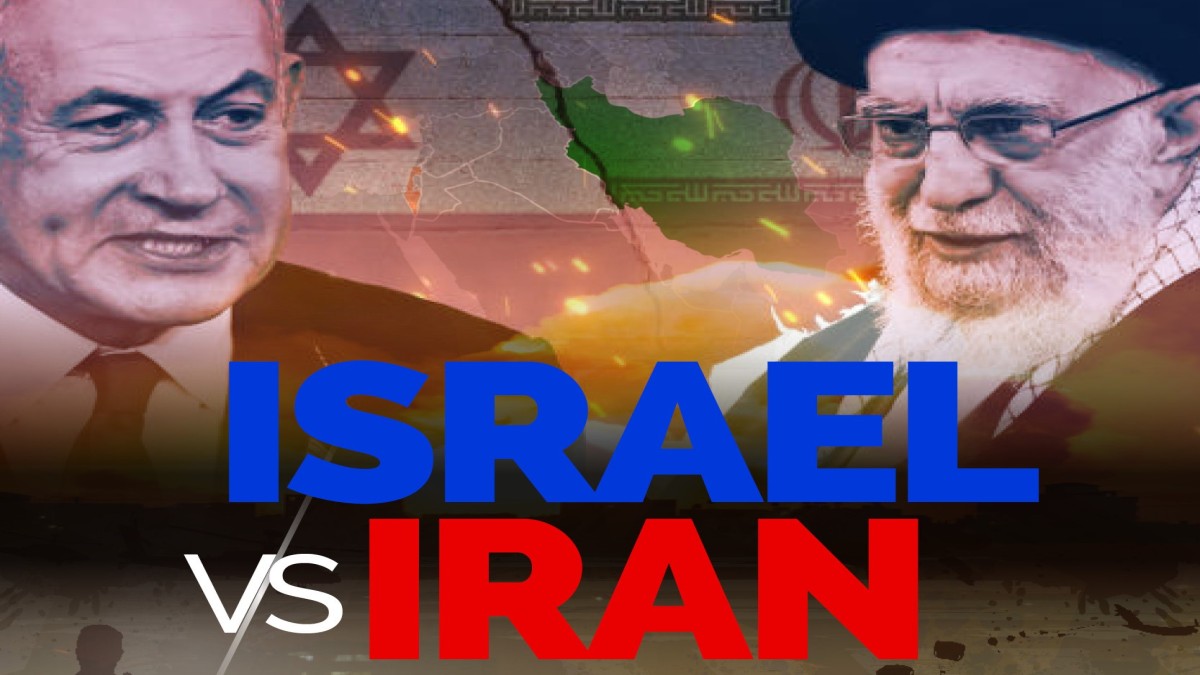)

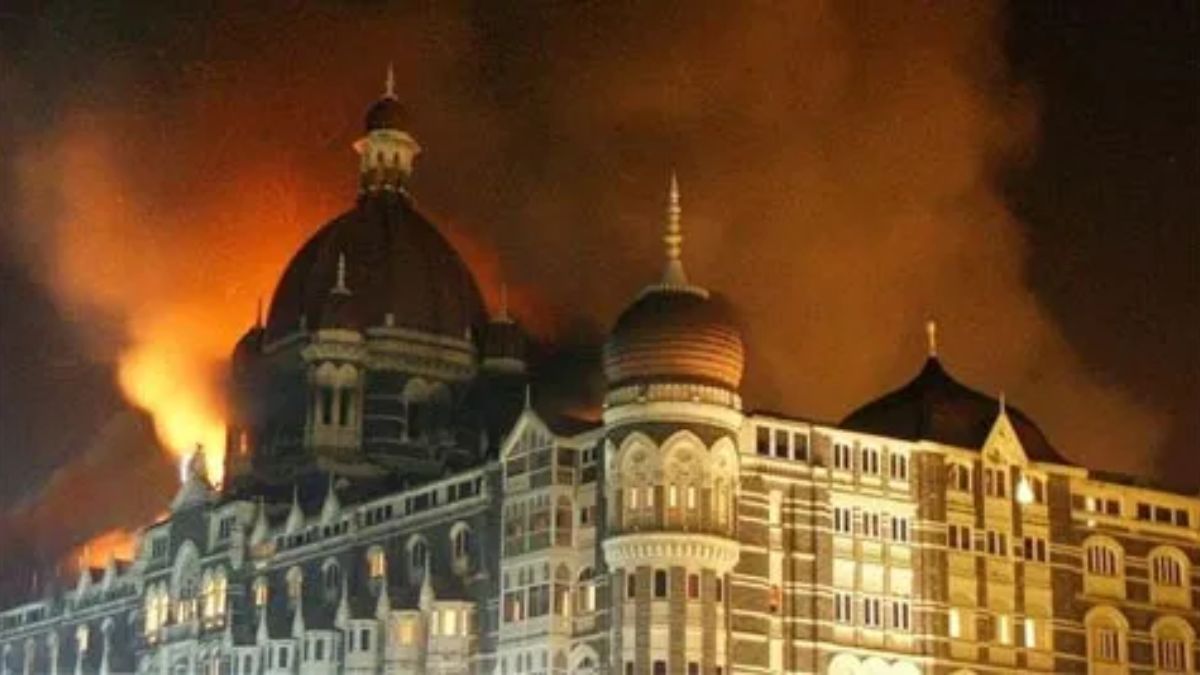)
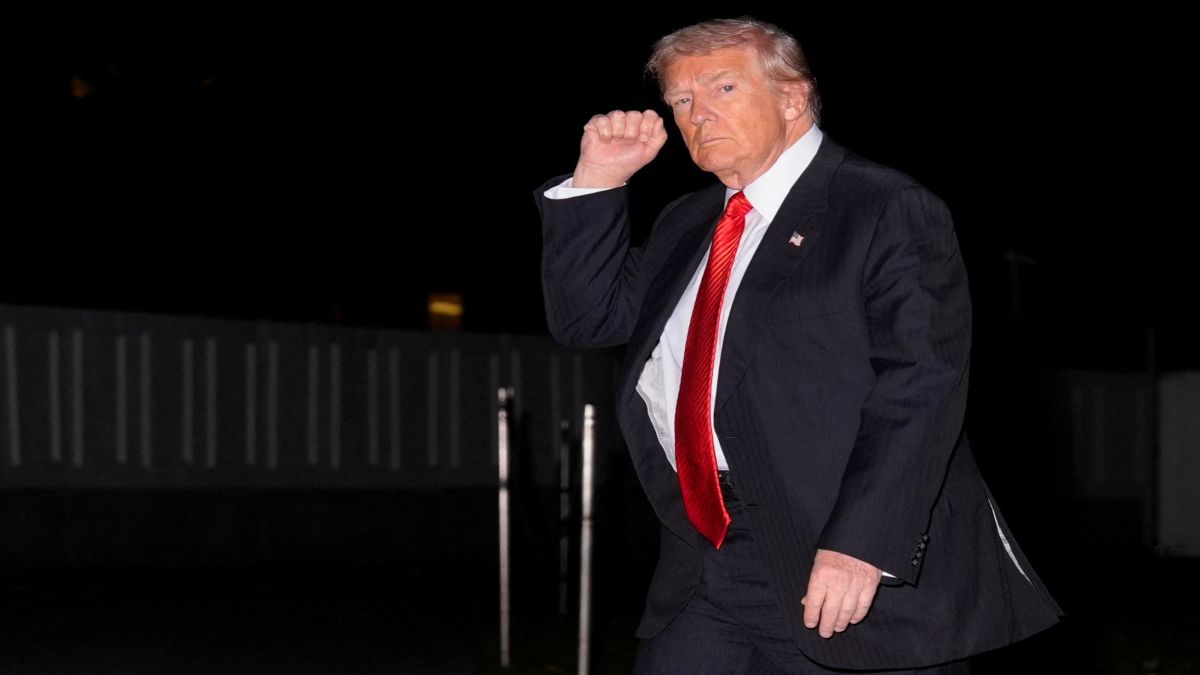)
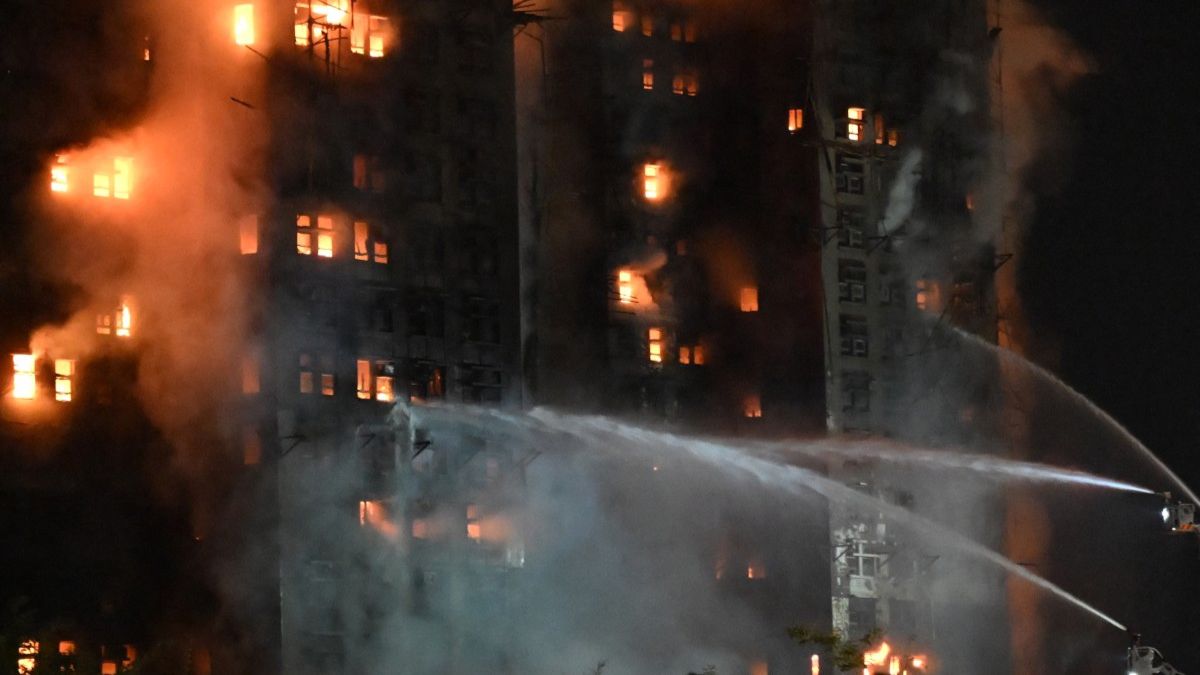)
)
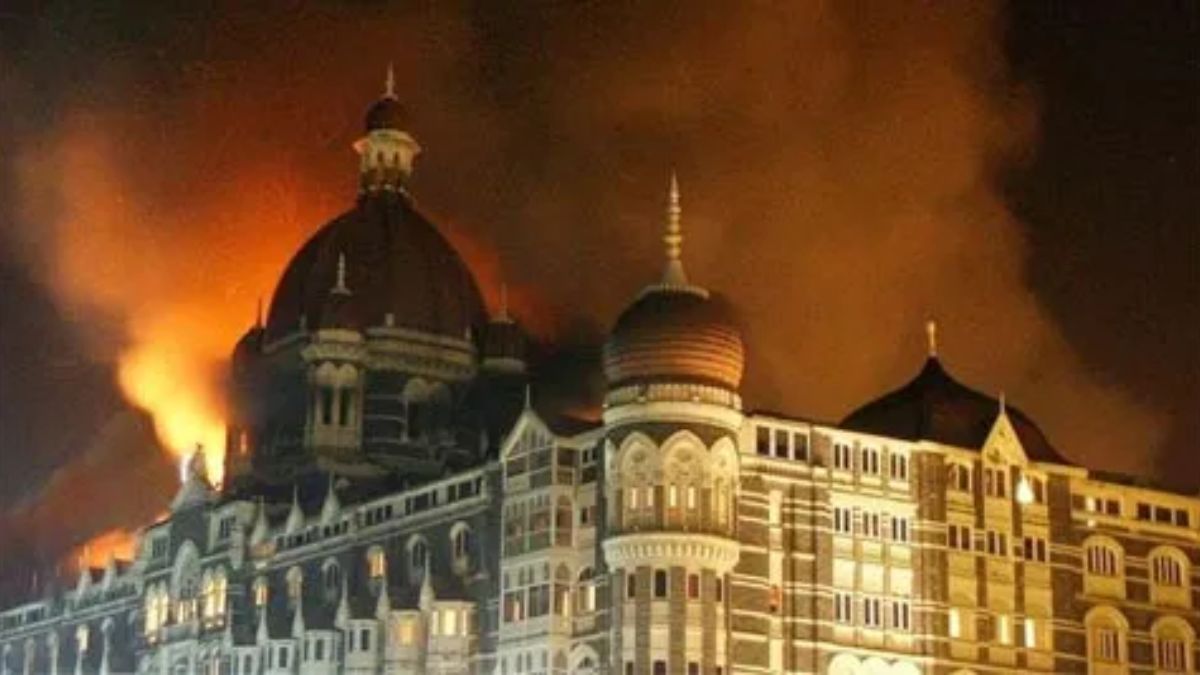)
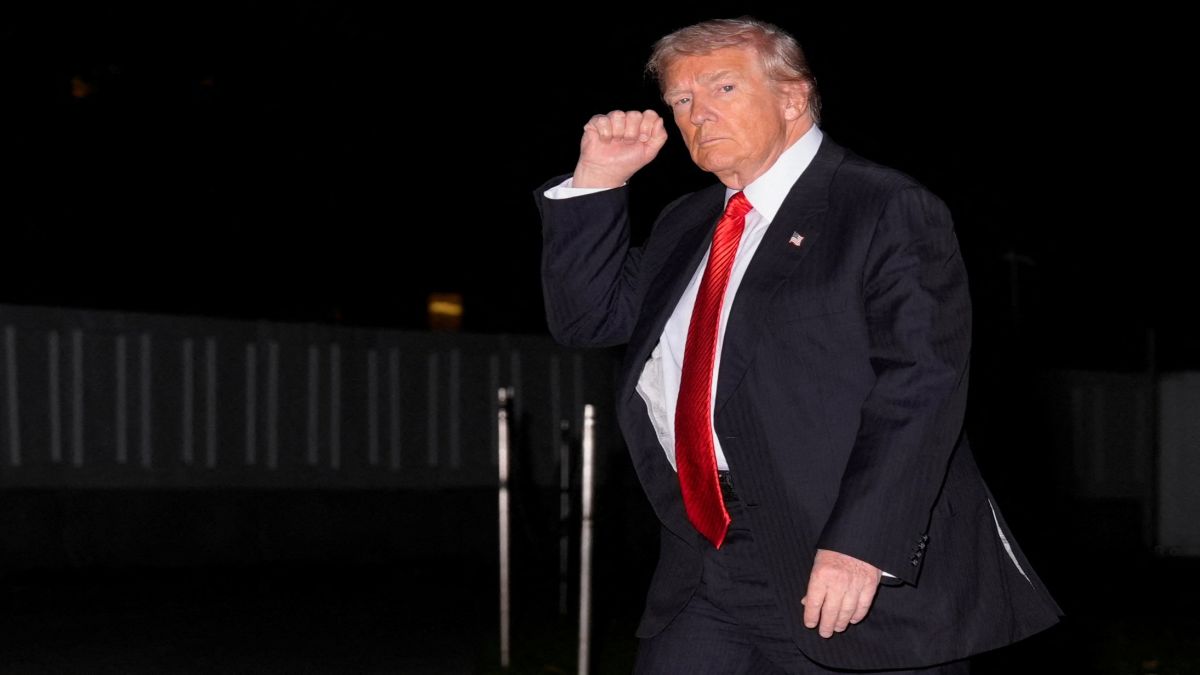)
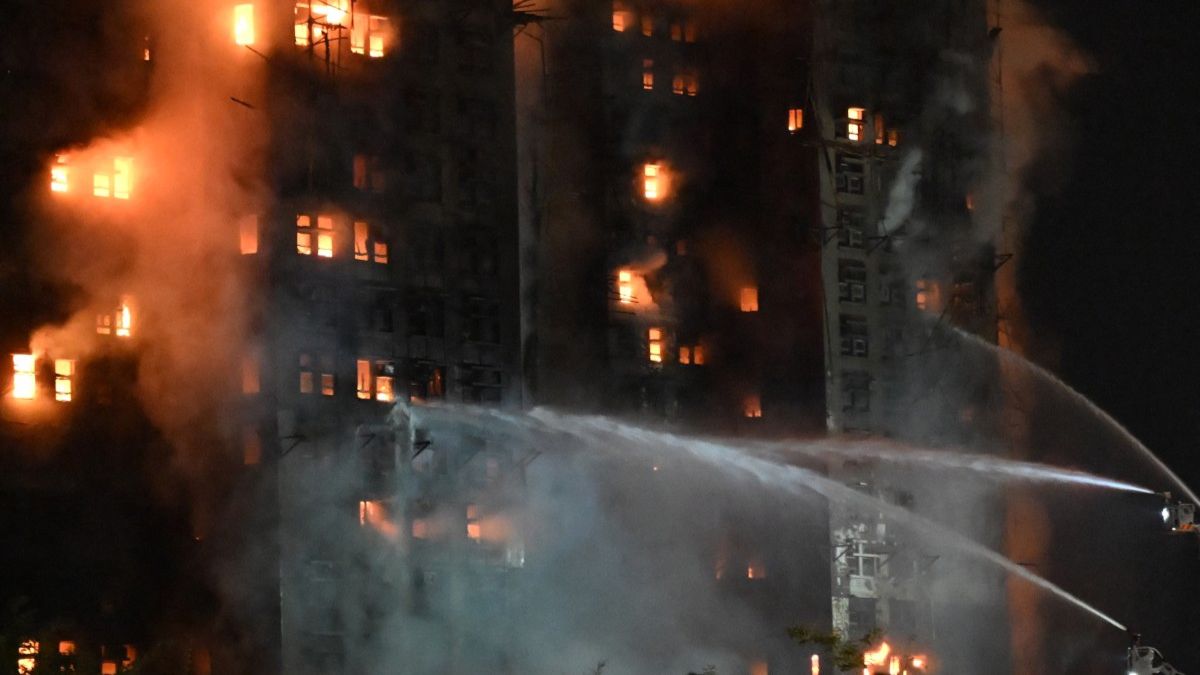)
)



